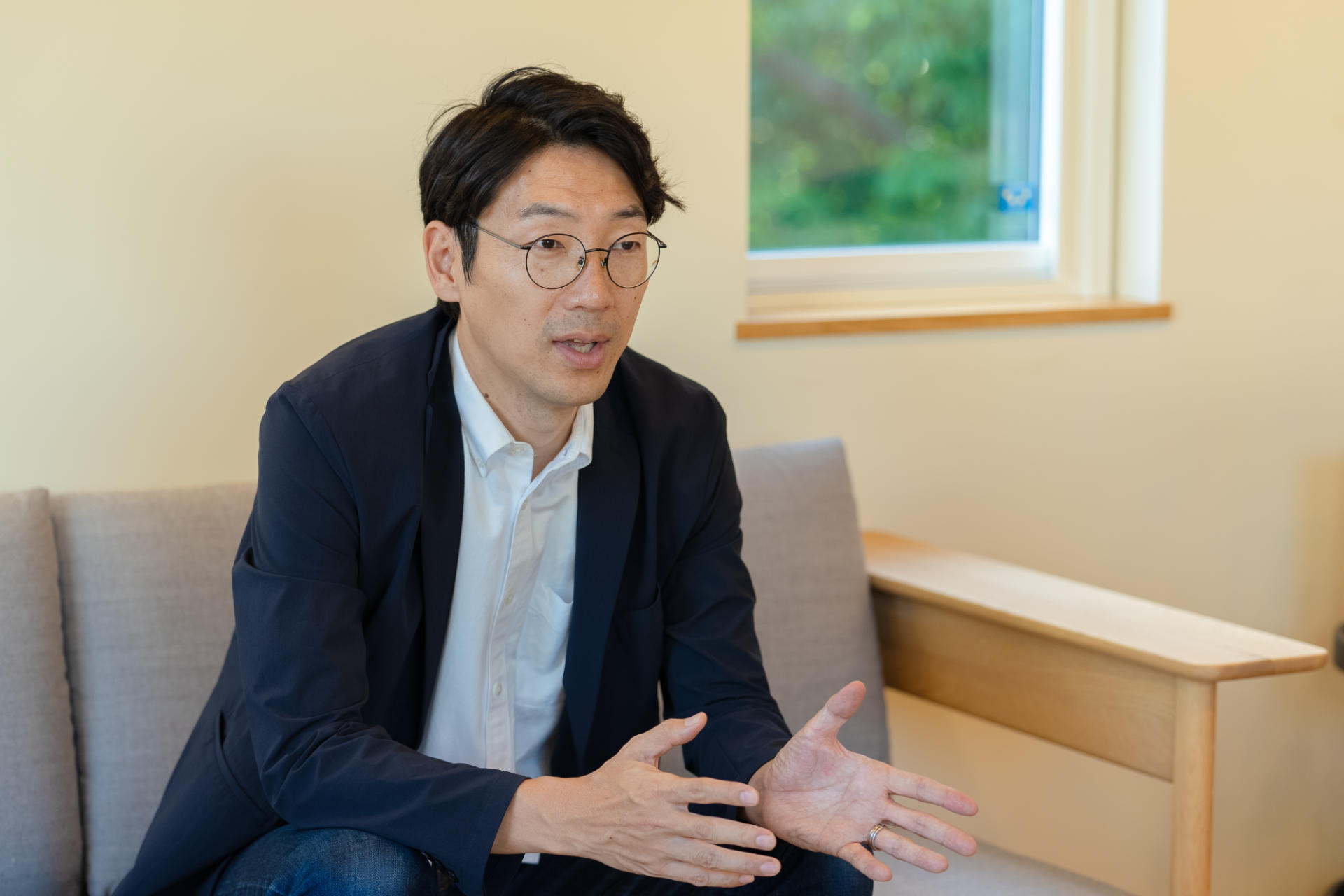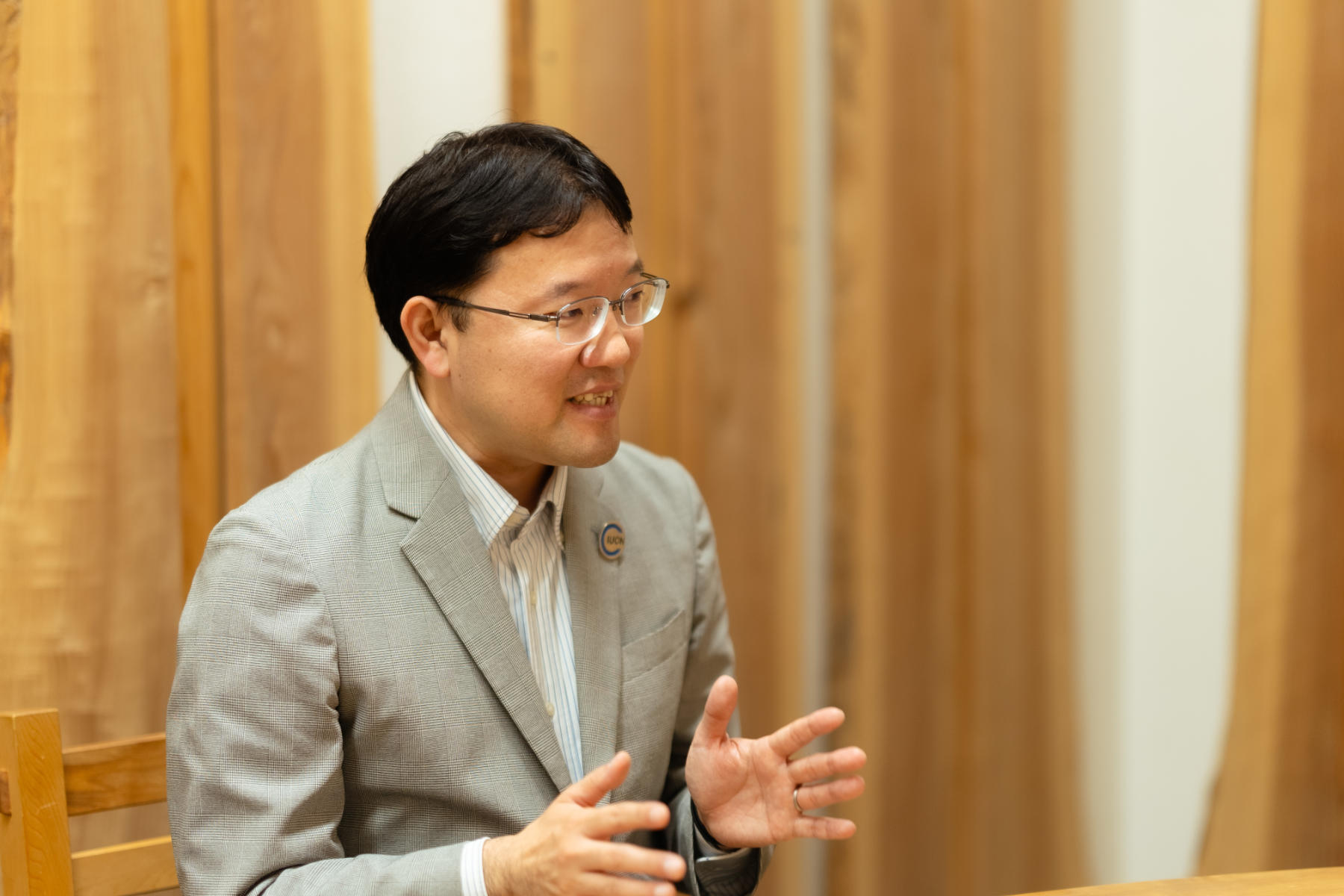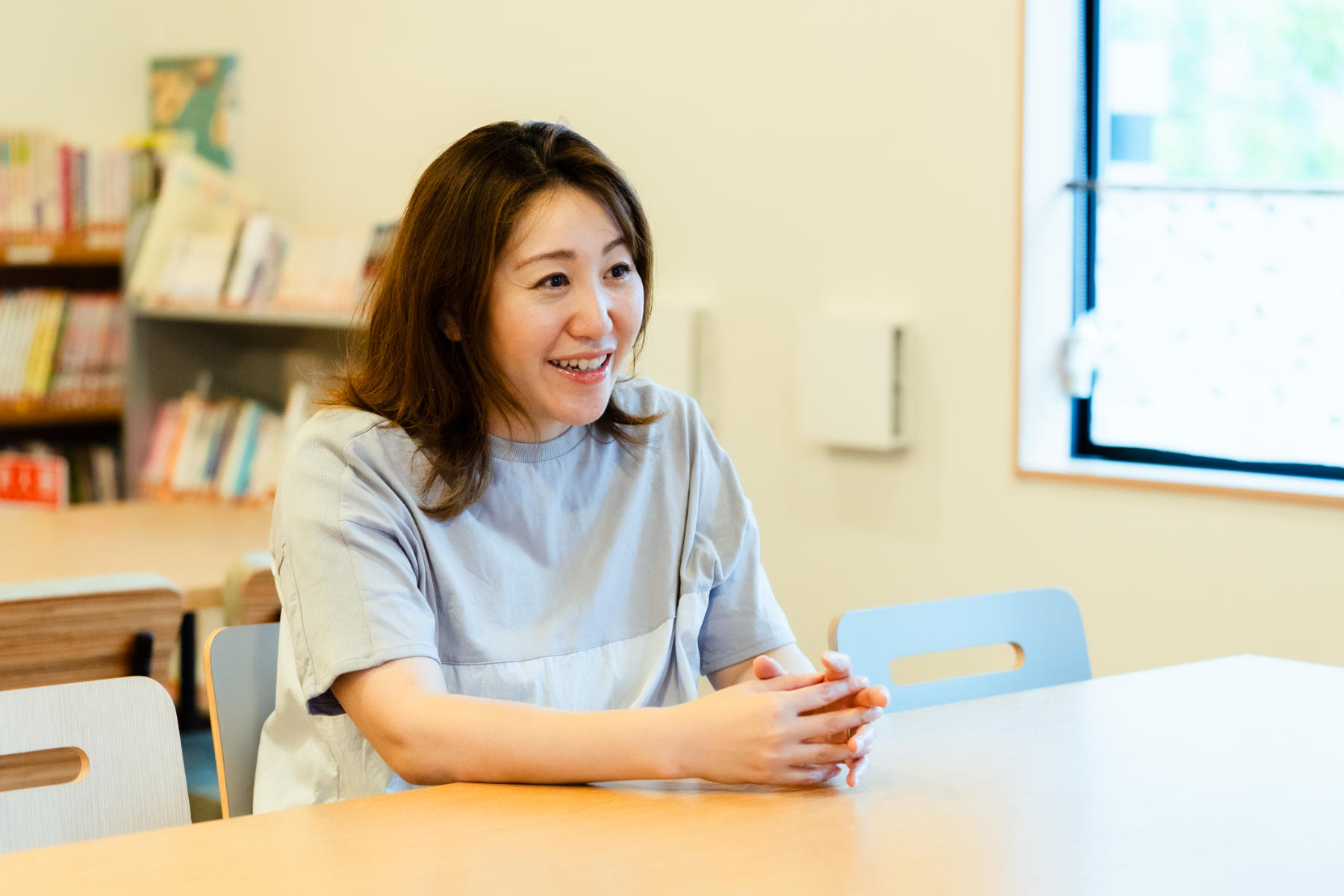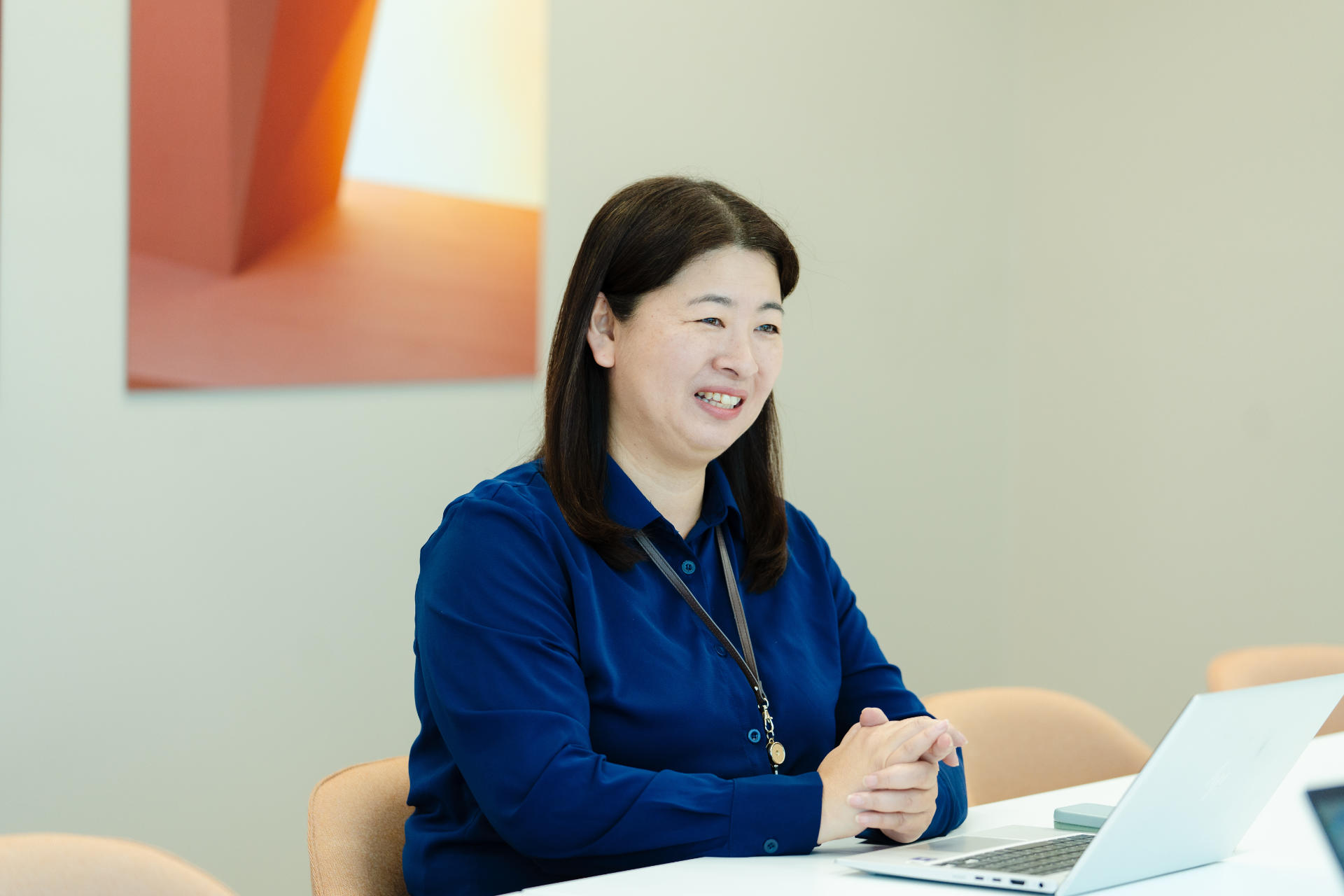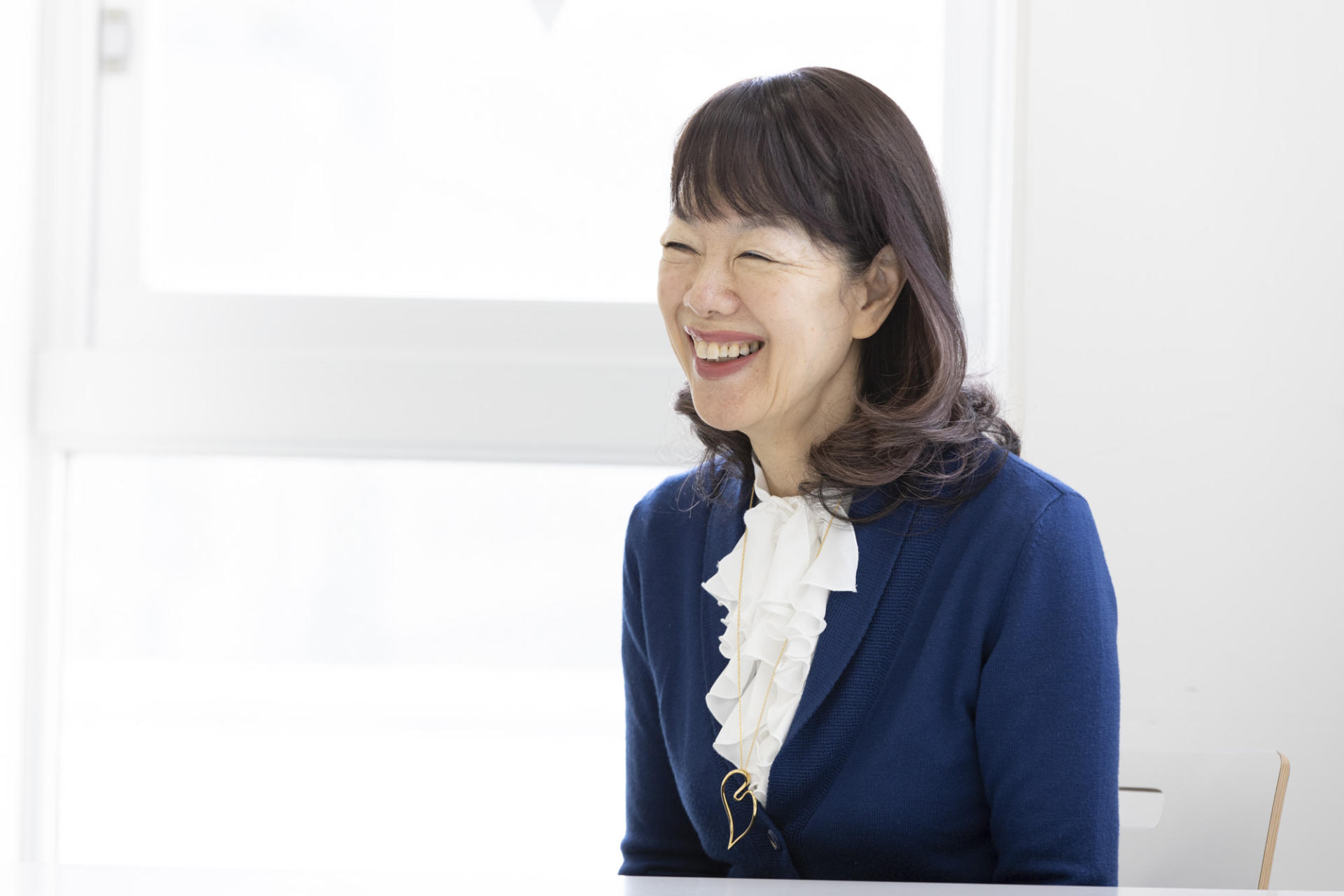CASE 33
NPO Support Center Japan
(Oct 1, 2022 – Apr 30, 2023)
Hitoshizuku helped us overcome obstacles we hadn't noticed ourselves.
In recent years, organizations tackling social issues have been increasing in number, and diversifying. Japan's first private-sector organization for assisting NPOs (non-profit organizations), the "NPO Support Center," offers human resource development, business assistance, and more. As it approached its 30th anniversary, the center recognized the need for more outward-facing PR. It reached out to Hitoshizuku, and in collaboration with "&PUBLIC," we developed a logic model, and a new organizational structure. We asked the center's director about the new insights he gained throughout the process.
We unanimously agreed that Hitoshizuku was the best company to ask for NPO-related PR.
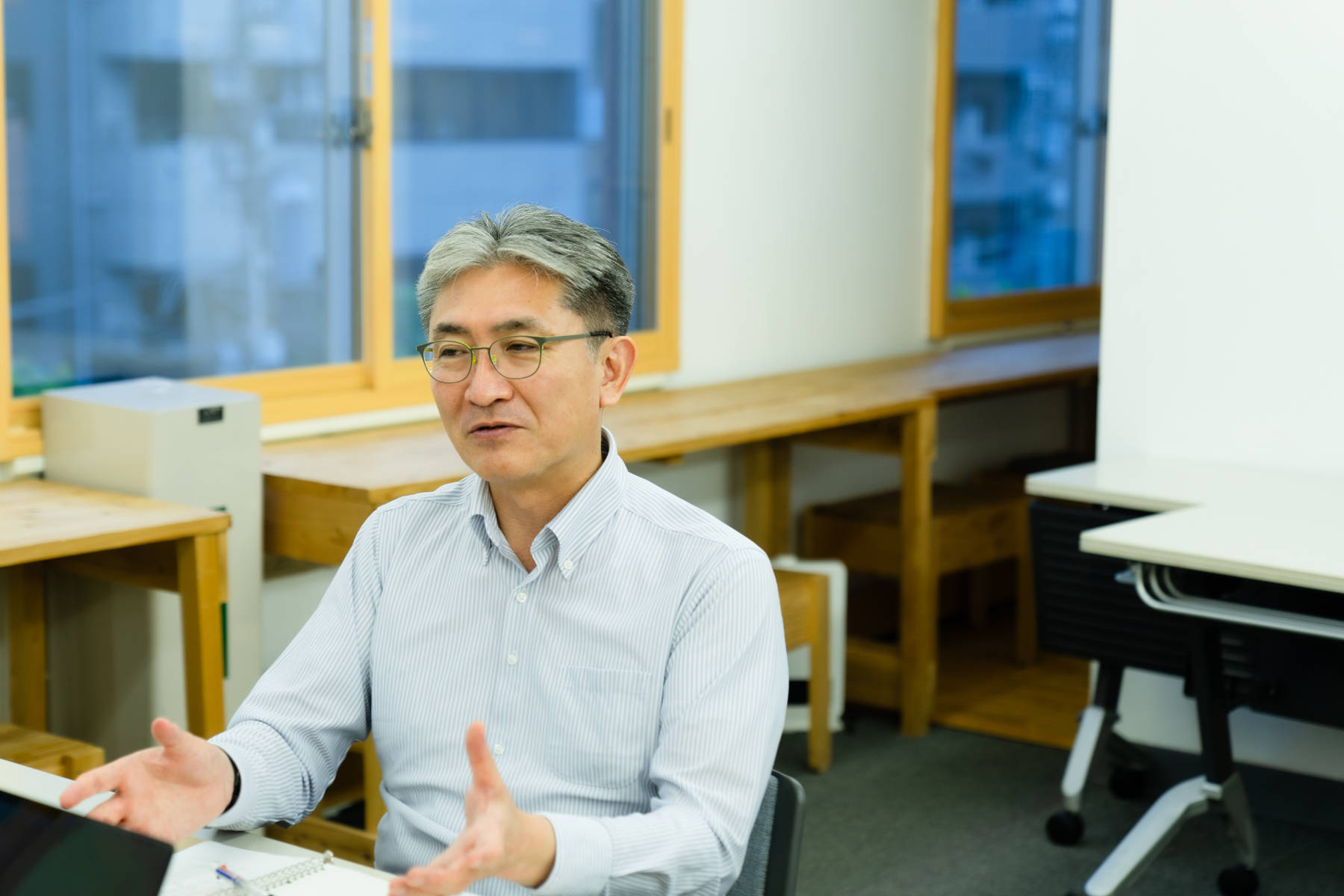
Yuichi Matsumoto, Chairperson of Board of Directors, NPO Support Center Japan
Hiroshi Kokubo, President and CEO of Hitoshizuku Inc. (Kokubo):
What challenges were you facing when you contacted Hitoshizuku?
Yuichi Matsumoto, Chairperson of Board of Directors, NPO Support Center Japan (Matsumoto):
When I took over in 2019, we restructured the organization under the banner “Vision 2020,” and started setting out our plans. But during discussions, we realized that we weren’t considering PR. We’re an intermediary organization that supports NPOs in the background, then honestly assesses how well each project contributes to society. We hadn’t been stepping forward to publicize what we were doing. And we saw that things had to change.
Kokubo:
We also support other companies, and rarely publicize what we’re doing! When I graduated, I actually wanted to join an intermediary support company. And I’ve been leading seminars for the NPO Support Center since before you took over. But why did you feel the need to implement your own PR?
Matsumoto:
Our activities are diverse. We conduct training, connect businesses and NPOs, offer clerical support, and work with local governments. Staff were recruited to work on specific projects. So we had lots of people that wanted to work in those areas, but it was difficult to get staff that understood our vision, and wanted to be part of it. Perhaps that’s a symptom of being an intermediary organization.
Also, when we conducted a staff survey, many thought it would be good if our activities were held in higher regard around the world. Raised awareness would increase motivation and engagement within the company.
Some staff went on to say that we should communicate with socially engaged organizations, including those we don’t work with directly. We offer management and business support, so we often communicate with people in charge of those areas. But we rarely speak to the people who run NPOs. Sometimes, at events, I have had that opportunity, and it’s led to new insights that improved our work. So I felt the need for our entire organization to communicate with various people in that sector.
Kokubo:
Why did you ask an external party to conduct PR work, rather than doing it internally?
Matsumoto:
We came to the decision that we needed to publicize our achievements to those around us. But we didn’t have anyone to direct the process. We didn’t know who could take charge, and how far we should go. So we considered asking someone outside the company.
I’d previously participated in a seminar you ran, so I knew about Hitoshizuku: a logistical support firm with a focus on social good, and a thorough understanding of NPOs and the social sector. It seemed like a perfect fit. We unanimously agreed that you were the only person who could conduct professional PR for NPOs. So we got in touch.
You discovered substantial issues we were unaware of.
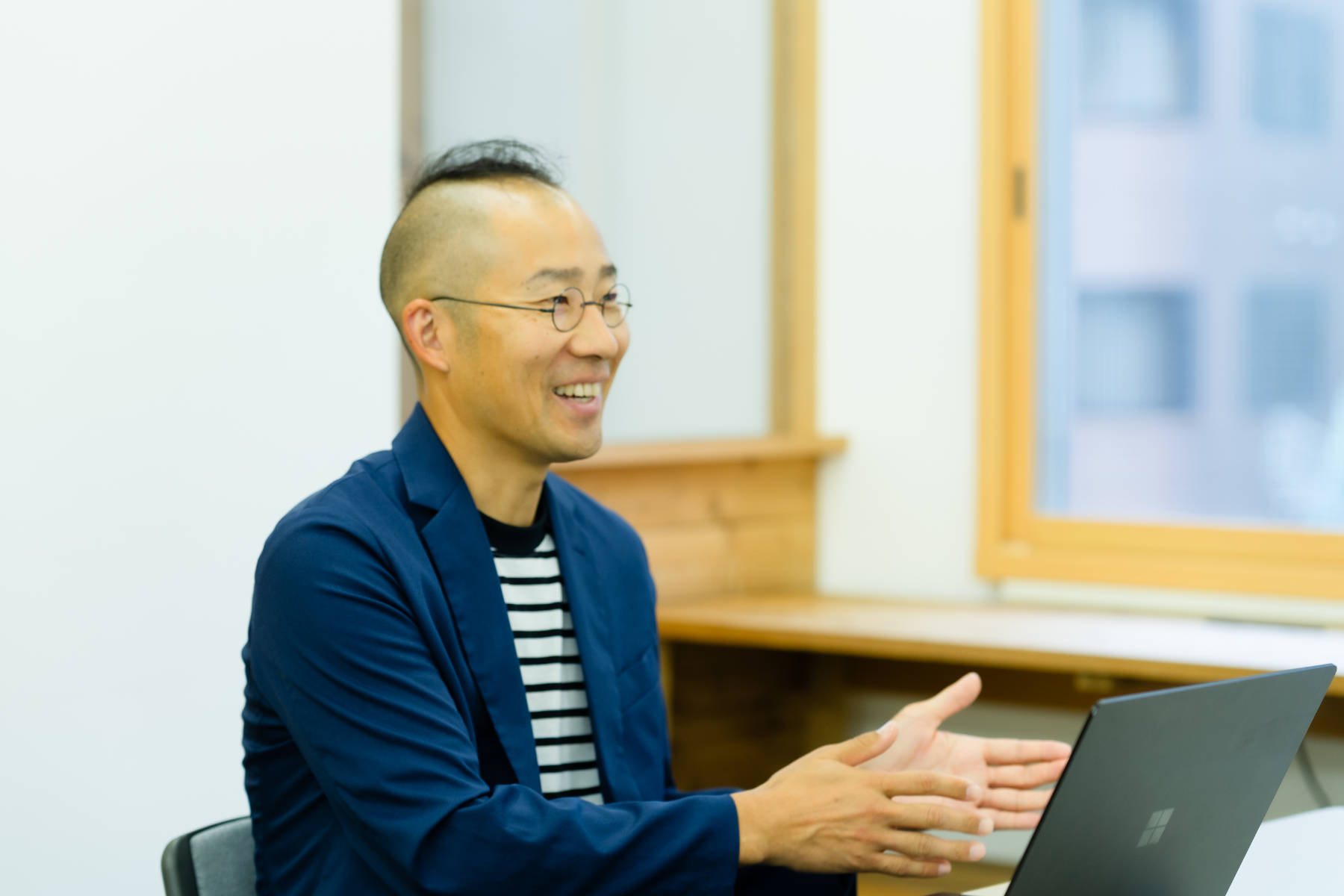
Before communicating with the outside world, we needed to unify internal perceptions.
Kokubo:
When we started working together, I spoke with everyone at the NPO Support Center, and found there was a bit of a gap between your initial request and the actual problem. First of all, we needed to clarify the issue in relation to your vision. Then we could identify the necessary inputs and outputs, and come to a consensus within the company. So rather than communicating with the outside world, we decided to first create a system for sharing information internally.
Matsumoto:
We did. I thought there was agreement within the company on the strategy for achieving our vision. But after speaking with you, I realized that wasn’t the case. Each staff member saw the vision in the context of their own work. I think that’s why there was a slight gap in perception. And if we don’t review our vision and strategy regularly, those gaps will occur.
Kokubo:
So in collaboration with &PUBLIC, of which I am the director, we ran a workshop in which we built a logic model. It involves organizing problems, plus the inputs and outputs required to solve them. What were the positives of working with Hitoshizuku and &PUBLIC?
Matsumoto:
I was surprised to discover how much we didn’t understand. Since we work in consulting, I thought we saw our organization objectively. But a third-party perspective made it clear that we were missing things. It gave us a brand-new view of ourselves.
For example, although staff could see the direct results of our work, they didn’t clearly understand how that connected to the future we’re trying to build. I thought our company had a vision, but it struck me that we were actually anxious and uncertain.
Also, although we often see logic models created by NPOs we’re supporting, we rarely make them ourselves. I saw the importance of making our own logic model.
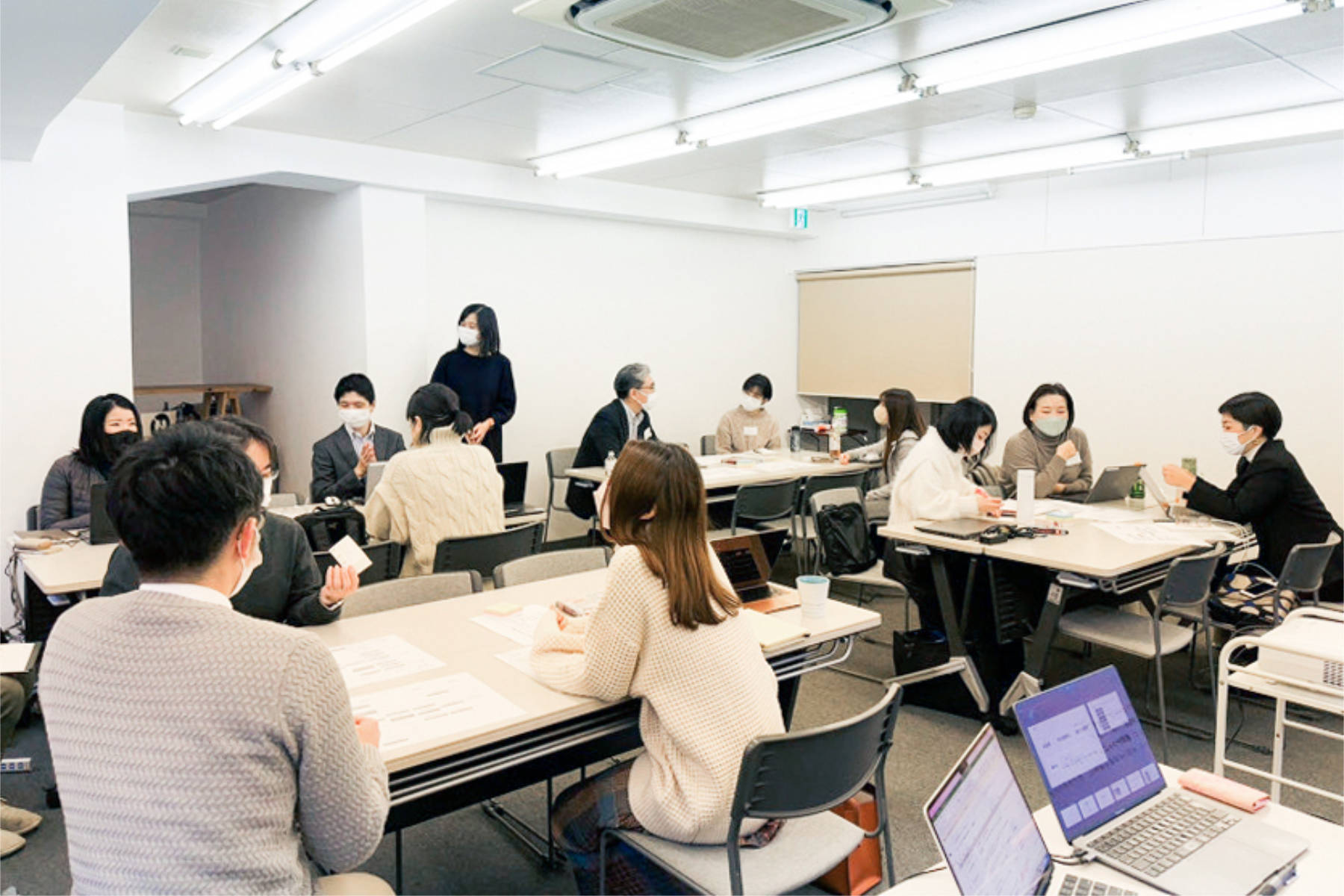
The logic model workshop, held in collaboration with &PUBLIC
Kokubo:
The process of building a logic model can change completely, depending on the organization. In this case, we spoke to everybody, and thanks to their honest input, we made discoveries that didn’t come up in your internal discussions.
Matsumoto:
The workshop showed that we diligently discuss everything we’re dissatisfied with until we reach an acceptable conclusion. It revealed a positive aspect of our company that we hadn’t realized through internal discussion, which is great.
&PUBLIC were energetic and logical, and you were a very calming presence. In meetings and workshops, you picked up on our ideas and doubts. I’m very satisfied.
Kokubo:
Thank you very much. Rather than providing a service, we endeavor to solve problems together with our partners, as teammates. So I’m very pleased.
Was there anything that Hitoshizuku could have done better?
Matsumoto:
You prioritized the actions we needed to take, and there were time and budget constraints. For those reasons, we didn’t have chance to conduct external PR, which was our original request.
In addition to building a logic model, you advised us to make documentation summarizing the NPO Support Center. So we created a document explaining our origin and activities. When we gave it out at a recruitment event, the response was very positive. I really appreciated that PR advice, and I would have liked to hear more from you, although that’s a bit greedy considering the budget!
We want to leverage our strengths to create a sustainable system for NPOs.
Kokubo:
What work would you like to do together in the future?
Matsumoto:
This time, we asked for your help. But in the future, it would be interesting if Hitoshizuku, &PUBLIC and ourselves could combine our individual strengths to support NPOs.
I think there are many NPOs that are like the NPO Support Center, in that they can’t grasp problems without third-party input. There’s a gap in awareness regarding their internal vision, and it goes unnoticed. It would be extremely useful to make a system for diagnosing issues, building a logic model, and identifying necessary actions.
Also, there are still very few NPOs that devote time and money to PR, so I’d like to do something about that.
Kokubo:
I feel the same. If NPOs improve their PR activities throughout the industry, it will strengthen their business foundations, leading to new opportunities for relationships and support. I think that’s necessary for sustainable operations, so we’re working hard on it.
Matsumoto:
Of course, it’s very important for NPOs to publicize their activities so that they can attract donations and membership fees. But it’s important in other contexts too. Communicating their mission, vision and values to stakeholders and other sympathetic parties may lead to new, unexpected opportunities. I want to encourage widespread PR that leads to beneficial collaborations, where one plus one doesn’t equal two, it equals three or four.
Kokubo:
It would be great if more NPOs thought along those lines.
Matsumoto:
Of course, by building a logic model, we found things that need to be improved. But we reaffirmed that our mission, vision and values haven’t significantly changed, which gave us a lot of self-assurance. For a long time I worried that something had to change, but Hitoshizuku and &PUBLIC gave us the confidence to keep things the same.
I think there are lots of NPOs with the same problem. Offering assistance and encouragement is very rewarding. I believe there are many organizations that need our help, so I hope we can work together to energize the whole sector.
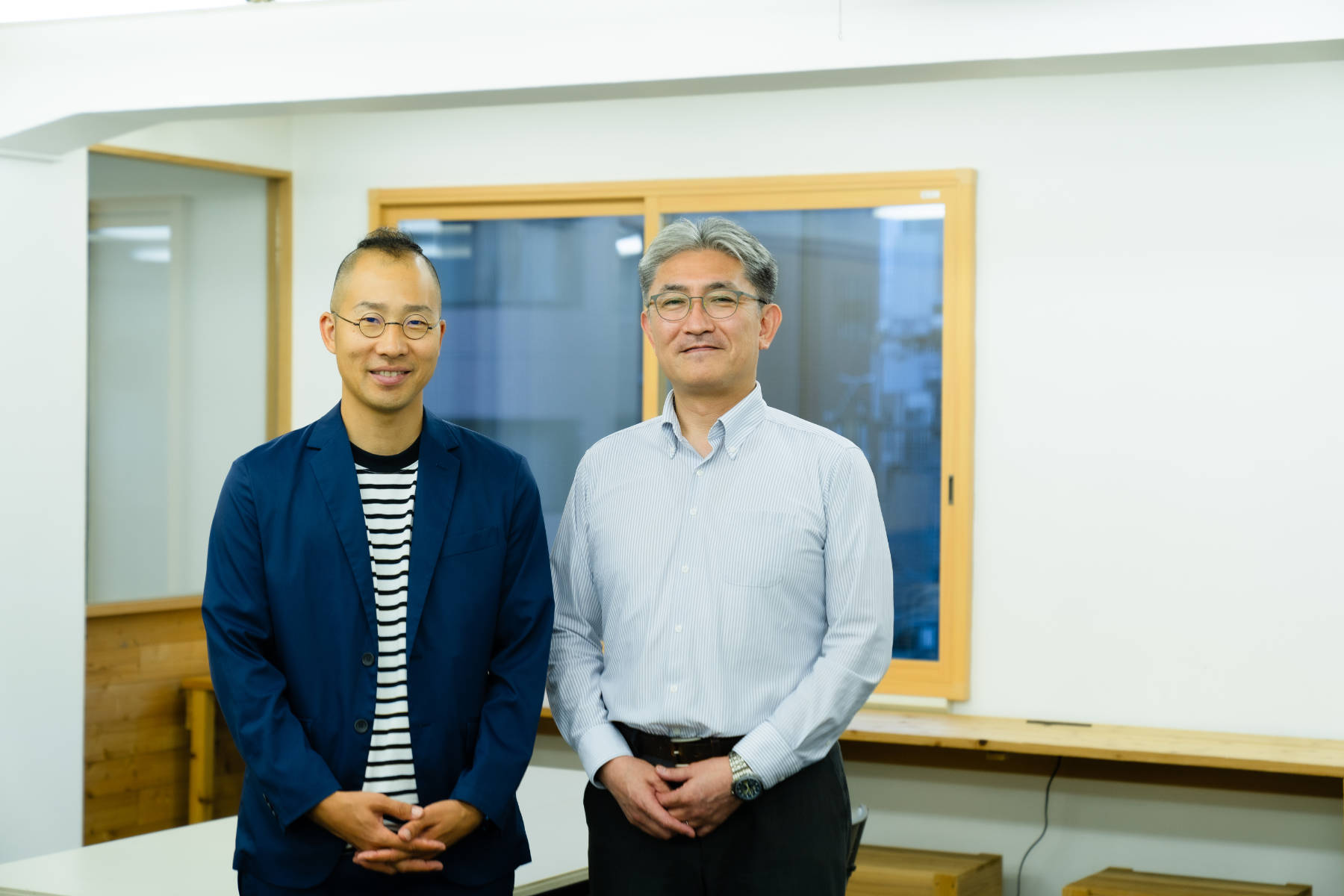
Photography: Hiroyuki Horigome
Editing: Mayuki Tsujihara
Translation editing: Satomi Furukawa
RECENT WORKS
| Name | Hitoshizuku Inc. |
| Address | 33 Nihonodori Naka-ku Yokohama Kanagawa 231-0021 JAPAN |
| Branch | Hamacho Odawara Kanagawa 250-0004 JAPAN |
| Phone | 81 045 900 8611 |
| info@hitoshizuku.co.jp |
| President | Hiroshi Kokubo |
| Established | March 2016 |
| Capital | 3,000,000yen |
| Business | Advertising & Public Relations Agency Planning & Produciton of Social Good Projects |
| Lawyer | Junna Tei / Yokohama First Law Office |
| Tax Advisor | Satoru Motokoide / Uniques Money Advisory |
| Labor and Social Security Attorney Office Work Innovation | |

